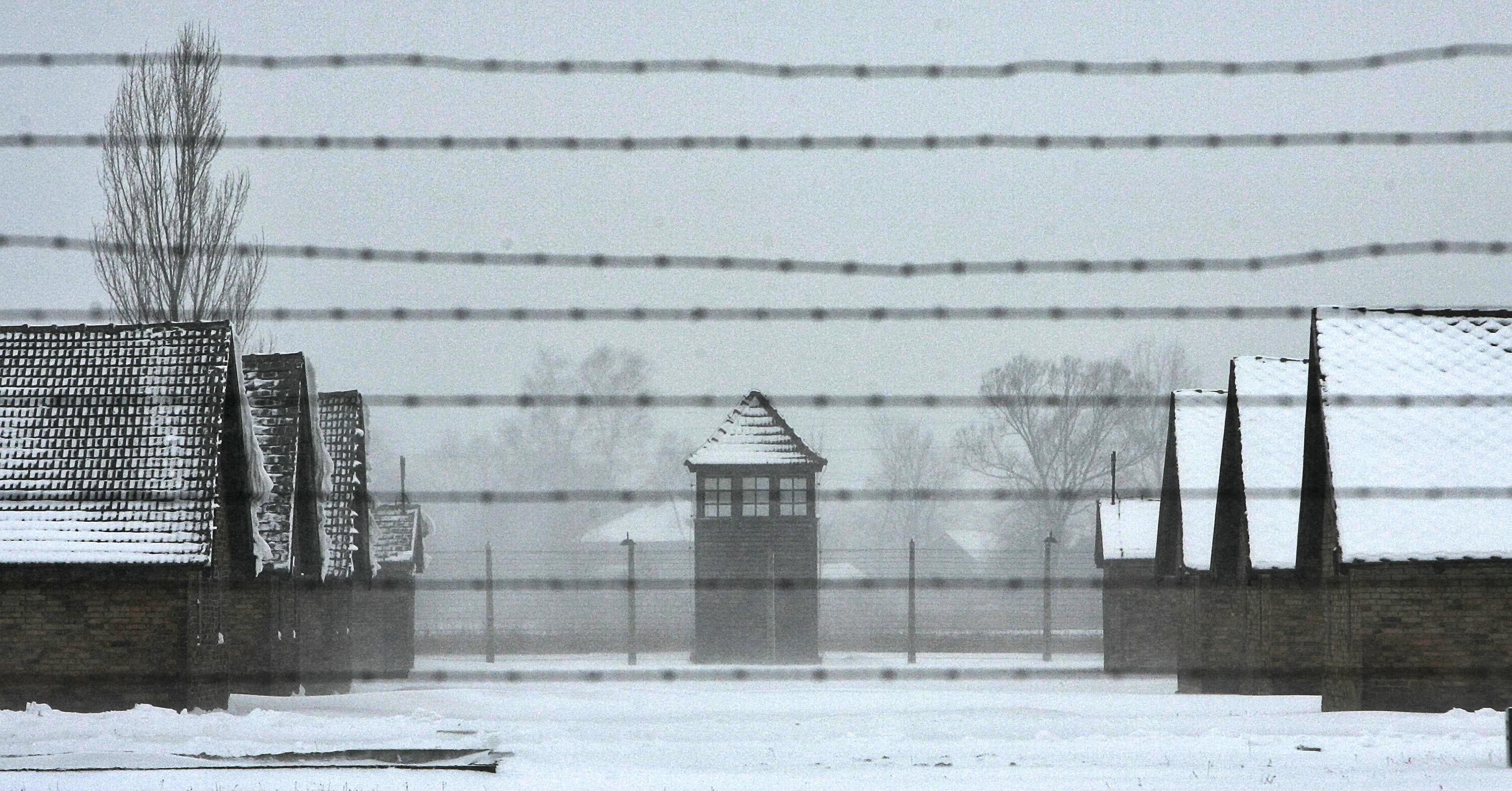Mass burial site found near Auschwitz
Human remains were discovered by a local resident on the banks of the Sola river

Your support helps us to tell the story
From reproductive rights to climate change to Big Tech, The Independent is on the ground when the story is developing. Whether it's investigating the financials of Elon Musk's pro-Trump PAC or producing our latest documentary, 'The A Word', which shines a light on the American women fighting for reproductive rights, we know how important it is to parse out the facts from the messaging.
At such a critical moment in US history, we need reporters on the ground. Your donation allows us to keep sending journalists to speak to both sides of the story.
The Independent is trusted by Americans across the entire political spectrum. And unlike many other quality news outlets, we choose not to lock Americans out of our reporting and analysis with paywalls. We believe quality journalism should be available to everyone, paid for by those who can afford it.
Your support makes all the difference.Prosecutors in Poland are in the process of investigating what is thought to be a mass burial site, located near to the former Nazi death camp Auschwitz.
A total of 12 human skulls along with a number of bones were discovered by a local resident on the banks of the Sola river. The water in the river, which passes through the town of Oswiecim, was running particularly low when the bones were unearthed, Poland’s Onet portal reported.
Prosecutors, together with the police, are looking into whether or not the bones found could be linked to the former death camp located nearby.
Poland’s Institute of National Remembrance, which investigates communist-era crimes and crimes relating to the Second World War has also been informed.
Auschwitz Museum’s press office is apparently aware of the discovery. They said, however, that the area where the burial site was found is beyond the museum’s perimeter and administrative authority.
During the Second World War, more than 1.1 million people were killed at Auschwitz which was operated by the Nazis in then German-occupied Poland. It was one of more than 40 camps and subcamps run by the Nazi regime.
The majority of the death camp’s victims were Jewish, although Poles, German political prisoners, Russian soldiers, Roma and Sinti are also known to have died there.
The news comes just days after the death of the last surviving Soviet soldier who helped to liberate the camp. David Dushman helped to flatten one of Auschwitz’s fences to free prisoners from the camp when the Red Army liberated it on 27 January 1945. He died in Munich on Saturday at the age of 98.
Join our commenting forum
Join thought-provoking conversations, follow other Independent readers and see their replies
Comments